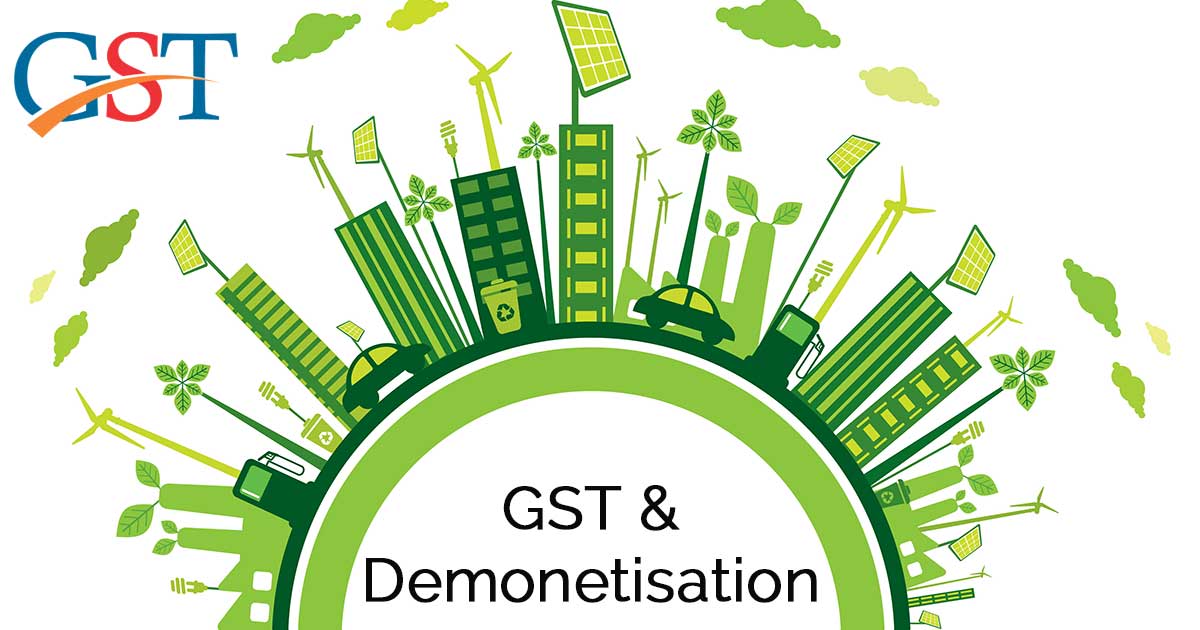Demonetization and GST implementation are the two greater moves taken by the government which has a positive impact on the environment. According to a report in India, in 2017 greenhouse gas emissions is much lower from last 10 years, the two main reason behind this: demonetization and GST implementation.
According to the 2017 Global Carbon Budget Report, by the end of this year, it is anticipated that emissions of carbon dioxide, emission from fossils fuels and industrial use are likely to increase by 2 percent as a comparison to the previous year.
Read Also: Water Cess Act Dissolves After GST Implementation
India’s emissions are likely to grow in 2017, but this is only 2 percent higher as compared to the last year. From last one year, the emissions of greenhouse gases have enhanced nearly by 6 percent, last year this figure was 6.7 percent. The report assumes that the use of solar energy in India has increased but the report also says that the recession in the economy can also be the reason behind this.
According to the report, solar power capacity in India nearly doubled to 12 GW in 2016, but there are various reasons in shrinking of solar energy this year: such as a decrease in consumer demand, reduction in imports, the share of industrial and agricultural products in GDP. There was a sudden shortage of cash, due to the demonetization effect at the end of 2016, and Goods and Services Tax (GST) Regime was implemented in the country from 1st July 2017.
According to the report, Indian economy is competent to cross these hurdles, so in 2018 the emissions of greenhouse gases might go up by 5 percent. Greenhouse gas emissions in India from fossils fuels and industrial use is 2.5 Gigaton, whereas it is 36.8 Gigatons globally.
